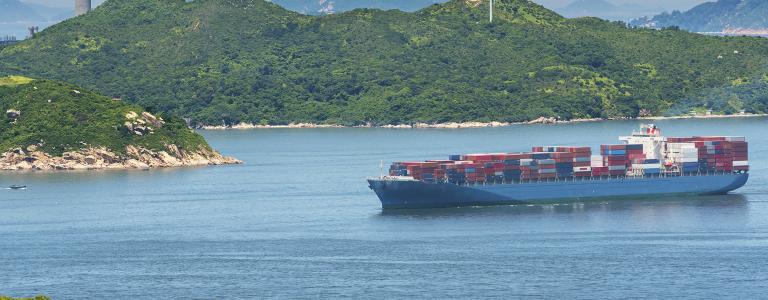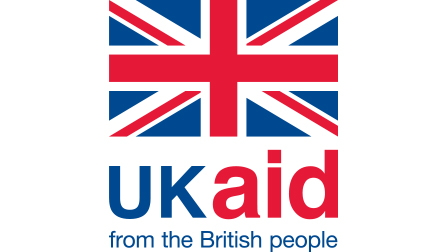Webinar | Greening Aid for Trade and the SDGs
As governments and stakeholders work to develop policies that can promote the massive economic transformation that sustainability requires, there is increasing interest in the role that trade and trade policy can play. This effort has become even more urgent in response to the COVID-19 pandemic and calls to “build back better” through stimulus and recovery packages.
The United Nations Sustainable Development Goals (SDGs) highlight trade as a key means of implementation, and many SDGs have trade dimensions. Progress on achieving the SDGs and their underlying targets has been slow, however, despite public pressure for increased action by governments to respond to urgent global crises in biodiversity, climate, and pollution, and to take action to “green” the global economy and trade.
The World Trade Organization’s (WTO's) “Aid for Trade Initiative” is one area where this discussion is developing quickly. As WTO Members review progress to date and prepare the Aid for Trade work program from 2022 onward, ensuring that these efforts incorporate sustainability considerations will be critical to ensuring a robust, green, and inclusive recovery.
This webinar examined the above-mentioned considerations and was held on June 24, 2021, at 3:30 p.m. CEST. The event was co-hosted by the International Institute for Sustainable Development (IISD) and the Forum on Trade, Environment and the SDGs (TESS).
The event featured an introduction to a new joint publication (forthcoming) by IISD and TESS on Greening Aid for Trade.
The webinar addressed the following topics:
- Priorities from the perspective of beneficiary countries and developing country stakeholders
- Trade-related aspects of environmental challenges facing developing countries in the context of the SDGs, combining social, economic, and environmental aspects
- How Aid for Trade can support opportunities for green trade and economic diversification and bolster climate-resilience and readiness
- Opportunities for synergies with other sources of environment, development and trade finance focused on green economy goals
- Research and data needs, and options for further discussion
- Opportunities for engagement by stakeholders.
Watch the webinar's full recording:
Moderator:
- Soledad Leal Campos, Co-lead Sustainable Trade, IISD
Speakers:
- Nathalie Bernasconi-Osterwalder, Executive Director, IISD Europe
- Carolyn Deere Birkbeck, Director, Forum on Trade, Environment & the SDGs
- Michael Roberts, Aid for Trade Coordinator, Development Division, WTO
- Olivier Cattaneo, Head, Policy Analysis and Strategy Unit, Development Co-operation Directorate, Organisation for Economic Co-operation and Development (OECD)
Discussants:
- H.E. Dr. Muhammad Mujtaba Piracha, Ambassador/Permanent Representative to the World Trade Organization, Pakistan
- Annegret Brauss, Coordinator, “GreenToCompete” Initiative, International Trade Centre (ITC)
- Liesbeth Casier, Senior Policy Advisor, IISD
- Rashid Kaukab, Executive Director, CUTS International, Geneva
- Stacey Mills, Consultant, Environment and Trade Hub, UN Environment Programme (UNEP)
This webinar was made possible thanks to the support of UK aid from the UK Government.
Funded by
Upcoming events
Building Bridges: The State of Nature-Based Investments
Join us for a panel at the Building Bridges conference in Geneva, Switzerland, to discuss the state-of-play of nature-based investments and the potential opportunities they present.
Through Her Lens: Women leading change in sustainable agriculture and market inclusion
Despite the critical role that women play in agricultural production, they still do not have equal access to global agricultural supply chains on terms that benefit them.
A Municipal Perspective on the Value of Natural Infrastructure
This webinar will showcase examples the cost-effectiveness of natural infrastructure from a municipal perspective. Focusing on what municipalities need—what evidence and numbers they rely on, and what tools and planning processes are required to ensure that natural infrastructure is assessed alongside traditional infrastructure for cost-effectiveness.

